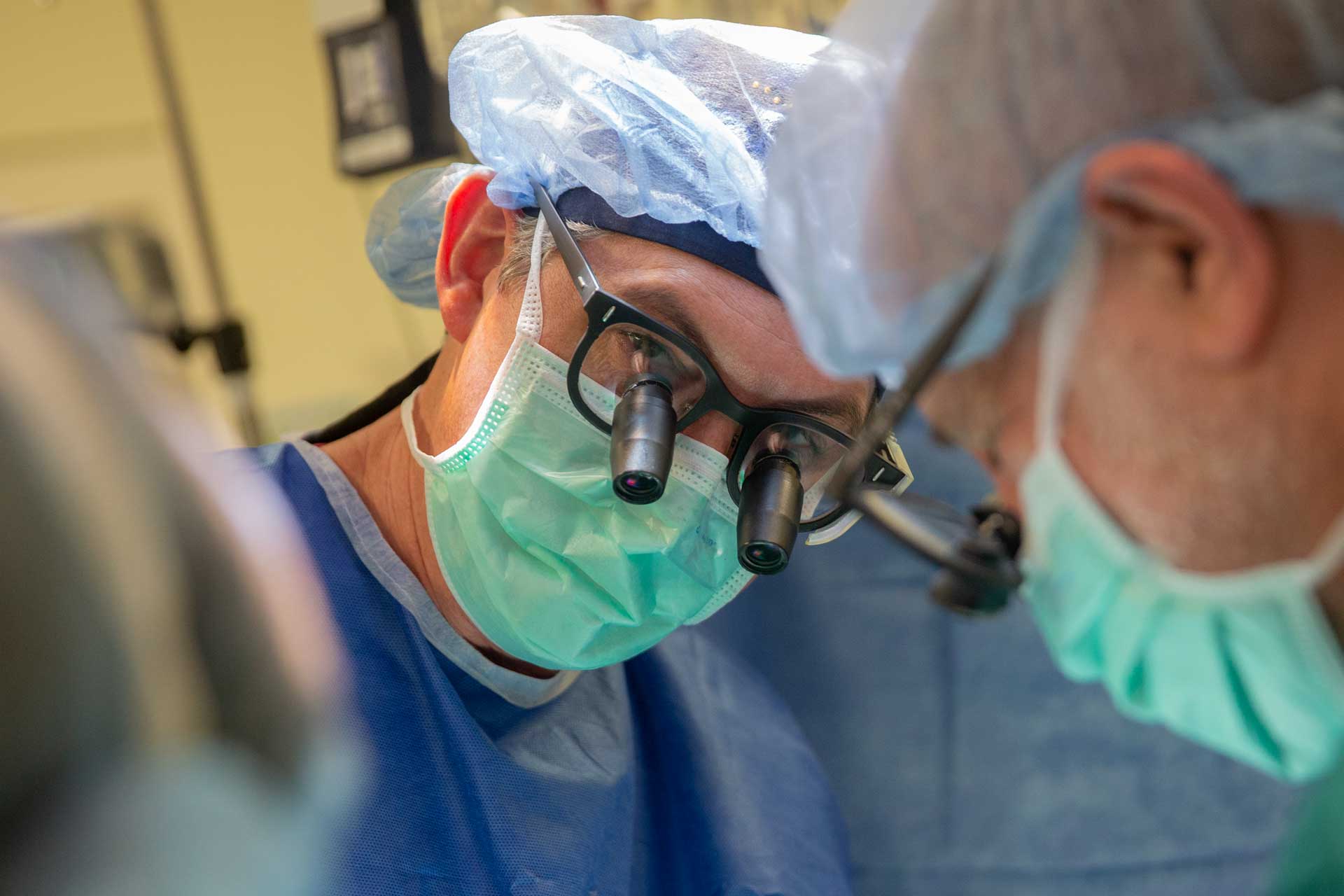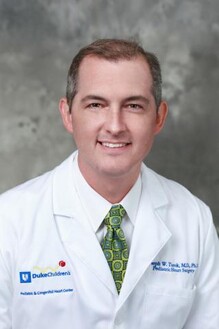Duke pediatric heart and immunology experts performed the world’s first combined heart transplant and cultured thymus tissue implantation in a child born with a non-functioning immune system who is now producing vital infection-fighting cells. This landmark procedure has the potential to eliminate the need for anti-rejection medications for all organ transplants in the future.
According to Joseph Turek, MD, PhD, a Duke pediatric heart transplant surgeon on the team that performed the surgery, Duke was uniquely positioned to offer this groundbreaking procedure because of its expertise in treating congenital heart disease and performing heart transplantation, and because it is the only center in the world offering cultured thymic implantation surgery.
Special FDA Approval Needed
The recipient, Easton Sinnamon, was born with single ventricle heart disease, and his immune system failed to produce T-cells that help the body stay healthy. As a result, he suffered from life-threatening infections that made him too sick for the heart transplant he needed.
Dr. Turek and his team applied for special emergency approval from the FDA to perform Easton’s heart transplant along with thymic tissue implantation. Both were from the same donor.
The thymus is a gland that trains cells to protect the body from infection. “We call it the schoolhouse for your T-cells,” Dr. Turek said.
The thymus tissue was prepared in a lab by injecting it with antigens that would help produce and train cells to defend against infection while also helping Easton’s body recognize, and not reject, the donor heart.
The heart transplant was performed first, followed two weeks later by the thymic implantation, in August 2021.
Recent tests show the approach appears to be working. Easton’s body is now producing vital infection-fighting cells.
Easton, now a toddler, is thriving years after surgery.
Implications for the Future
According to Dr. Turek, implanting cultured thymus tissue and an organ from the same donor could “change the face of how we do transplants in the future.” It could make donor organs last longer, so there would be more donor organs available, and shorten wait times for people who need them. It could also eliminate the need for anti-rejection medications, which can have harsh side effects. Dr. Turek hopes to wean Easton off his anti-rejection medications soon.
Although Easton still has a long journey ahead, Kaitlyn Sinnamon is grateful to have her son home and well. “Not only were we given our son back, but we were also able to give the gift to possibly expand this for other children going through the same thing,” she said.






